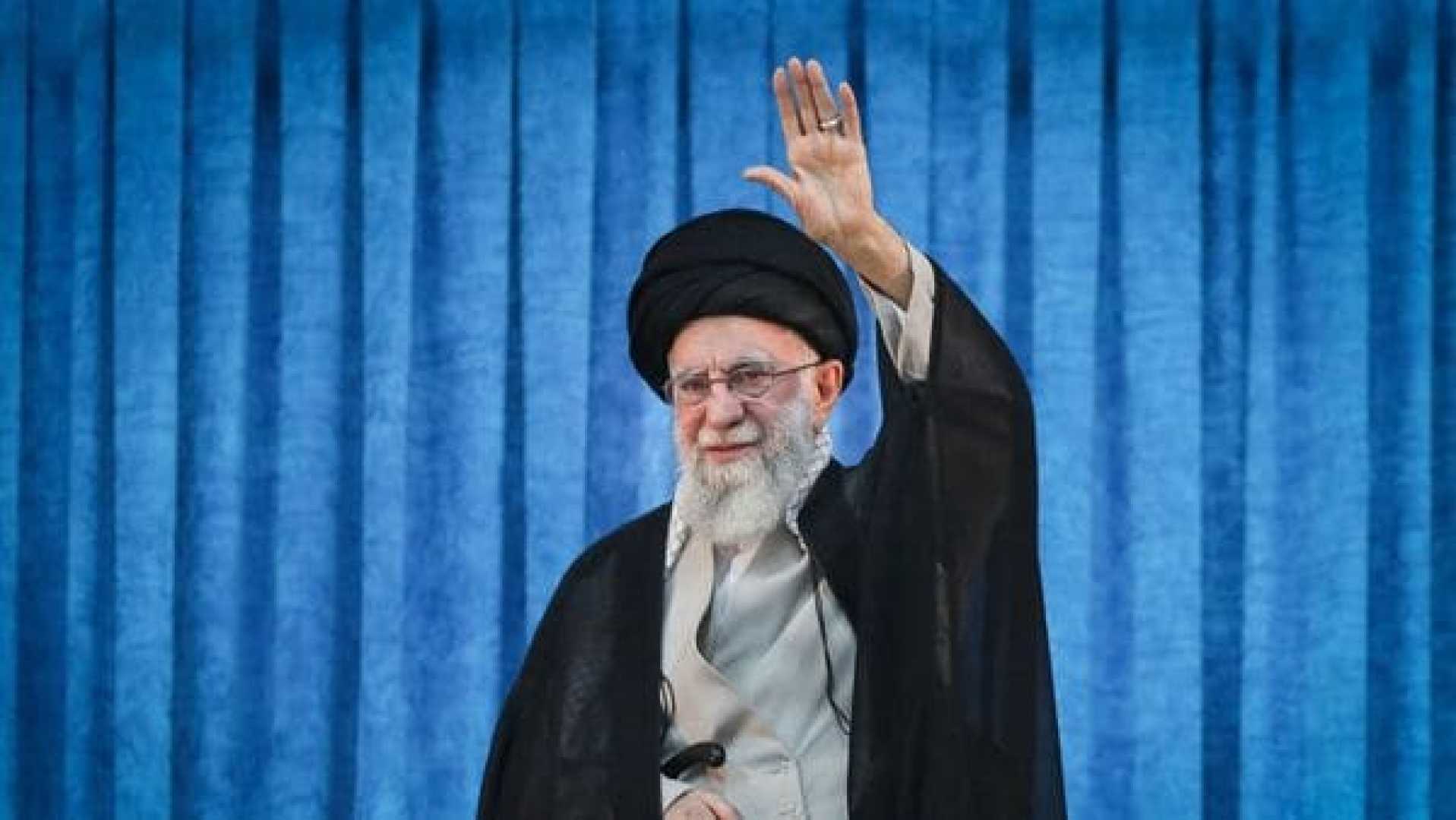World
Iran’s Khamenei Faces Increasing Isolation Amid Security Losses

DUBAI, Iran — Iran’s Supreme Leader Ayatollah Ali Khamenei, 86, has become increasingly isolated following the deaths of key military advisers due to Israeli air strikes. These losses have left significant gaps in his inner circle, raising concerns over strategic miscalculations during a tense period.
Since Friday, several senior military commanders have died, including Hossein Salami, the overall commander of the Revolutionary Guards, and Amir Ali Hajizadeh, the aerospace chief who led Iran’s ballistic missile program. These commanders were part of Khamenei’s close circle of 15-20 advisers, dedicated to both military and domestic issues.
A source who regularly attends Khamenei’s meetings described the situation as “extremely dangerous,” especially regarding national defense and stability. Khamenei has historically been cautious, focusing on regime survival, but the recent shifts have escalated the stakes as Israel intensifies attacks on Iranian targets.
Despite the setbacks, other influential figures remain within Khamenei’s advisory network. Individuals such as Ali Asghar Hejazi, the deputy of political security at Khamenei’s office, and his son Mojtaba have become increasingly important in the internal decision-making process.
Khamenei’s leadership has been marked by a blend of ideological rigidity and strategic pragmatism, displaying a significant skepticism towards Western powers. His endorsement of Iran’s 2015 nuclear deal, for example, was a tactical move aimed at stabilizing the economy amid severe sanctions.
With an escalating conflict and renewed Jewish state hostility post Hamas attacks on October 7, Khamenei’s influence is being challenged from within and outside Iran. The recent deaths among his top military officials underscore the precarious nature of his rule, making his leadership increasingly vulnerable.
As Khamenei confronts this critical juncture in Iran’s history, the impact of lost advisers may further complicate his strategic calculations in an already volatile regional landscape.












